How to Become a Lipton Tea Distributor in Nigeria: What You Need To Know First
How to Become a Lipton Tea Distributor in Nigeria: What You Need To Know First
Register Online as a Distributor with Wigmore Trading
Are you looking to get into the tea business? This blog post is for you! It will help guide you through all of the steps it takes to become a Lipton Tea Distributor in Nigeria.
First, contact your local representative of Lipton Tea and ask them about becoming a distributor. If they say yes, then make sure that you have enough capital on hand before signing on the dotted line. You also need to know how much it costs per kilo (in naira) for various levels of distribution with Lipton Tea in Nigeria. And finally, find out if there are any fees or contracts involved on either side; these can vary by country but usually include things like insurance and shipping costs as well as storage fees at warehouses
Lipton Tea Business in Nigeria
Lipton Tea began in England in 1872, and they have continued to grow and expand. They now have tea plantations in Kenya, Tanzania, Uganda and Indonesia. And they have their own production facilities in England, Australia, China and Malaysia, which use the same tea leaves that are then shipped to the production facilities in Africa, Indonesia, and India.
As you can see, Lipton Tea offers a wide variety of tea! They have three basic types of tea leaves: black tea, green tea, and oolong tea. And they offer many different flavors to add to their teas.
If you’d like to learn more about Lipton Tea, this site is a great place to start: https://www.liptonteatours.
How to Become a Distributor in Nigeria
Are you interested in becoming a distributor? Here are some of the steps you should take.
Contact your Lipton Tea rep. Make sure they are in Nigeria. In this blog post, we will not be going into that but the connection will come across. If they are not in Nigeria, then you should let them know that you are looking to become a distributor. Share your business plan. If you have one already, include a draft copy of it. Let them know what you can bring to the table – specific qualities and what they can do to help your business grow. How much capital you need. If you want to get started, this should be the minimum amount you need. Some people get loans from banks and others ask friends to invest in their businesses. Set a date and start raising funds. Sign a contract.
What is a Distributor?
A distributor of tea is responsible for acquiring and marketing Lipton tea to retailers and independent sellers. The name “distributor” has been in use for many years and was popularized by Lipton Tea in the 1960s. The role of the distributor is similar to a salesperson or even a wholesaler, but the job is a lot more complex than just selling a product.
Lipton Tea is a leader in tea and has many tea brands that they sell. So if you plan on becoming a distributor for Lipton Tea, you must be familiar with their various brands. This will allow you to focus on selling your own brand of tea to retailers.
The job of a distributor is to sell tea to various retailers and other distributors.
Lipton Tea Company in Nigeria
After you’ve done all of this research, you should have a good idea of what it’s going to cost you to be a Lipton Tea distributor.
Lipton Tea Company (TTC), a subsidiary of Unilever, is the biggest tea company in the world. TTC sells five of the world’s most popular teas: Lipton, Tazo, Sipsmith, Tom Hill, and Oolong. However, TTC is very committed to providing high quality tea leaves that come from the mountains of India.
As a Lipton Tea distributor, you can work directly with TTC and purchase tea leaves directly from them and other tea providers. You will have to go through a process of selecting and developing the right blend of tea leaves for your customers and then shipping them the tea that they need and want.
Getting a Deal With the Lipton Tea Company
A contract with Lipton Tea will typically include your sales territory and how many tea bags you will be allowed to sell in the territory. Depending on the level of investment you want to make, you will most likely have to pay for a number of years.
Let’s say that you want to become a distributor and sell an 8kg bag for about 300 Naira (about $2) per bag. To do that, you will need to use your own warehouse and storage facility.
Making the Call
You can call the head office at +234 809 555 8513 or email the marketing manager directly at marketing@lipton.com. You can also get in touch with your local distributor and ask for their contact information.
Then you can phone your local representative and ask for an inventory list.
Distribution Costs with Lipton for Various Levels of Distribution
Lipton has distributors for their tea brands in about 75 countries around the world. However, they are only open to businesses that have at least $10 Million (or, in local currency, 7 Million Naira) worth of turnover and have the potential to make $10 Million worth of sales within a 12 month period. To check out what you need to do to become a distributor in Nigeria, and to find out how much it costs per kilo for various levels of distribution with Lipton Tea in Nigeria, check out the table below:
Lipton Tea Costs by Region of Distribution ………………………… Total Price to Start …………………………… Revenues to Achieve …………………………… Each Level of Distributor Cost Range ……………………………….
Contacts and contracts involved when becoming a distributor for Lipton in Nigeria
We asked the Chief Product Officer of Lipton Tea, Suave Ogunbanwo, what you need to know when becoming a distributor for Lipton in Nigeria:
1. How much is the initial investment needed to get started?
There are three different ways you can set up a distributor business and invest in start-up items (they are all geared towards increasing your sales). If you decide to purchase physical goods like boxes, tins, and resealers to put in your office, expect to spend between $20,000 and $25,000. While this will require you to build the set up, it is essential to make sure that you have a full grasp of the market in which you are going to be selling. Only after that is the physical set up completed.
What are the fees and contracts when you become a distributor in Nigeria?
The fees for becoming a distributor in Nigeria can vary depending on the type of contract you sign. Each contract can also have different start and end dates. For example, if you sign a direct agreement, then your contract will start on a specific date. If you want to create an agreement to sell the product in a store, then you need to ask for a 90 day lease.
According to WaltherCurtis, a reputed solicitor in Nigeria, the typical fees for working with Lipton are as follows:
First term: N150,000
Second term: N150,000
Third term: N150,000
Lesser agreements: From N250,000 to N500,000
Still higher agreements: N1000,000 to N3000,000


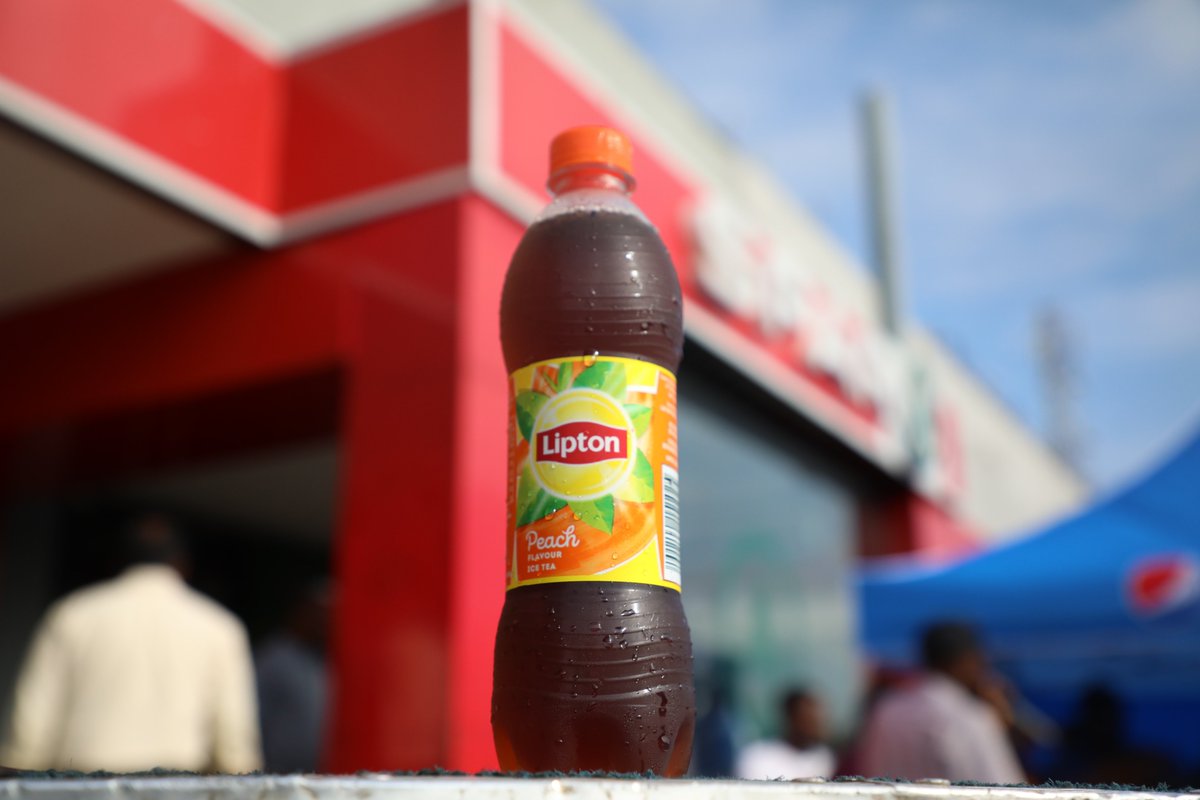
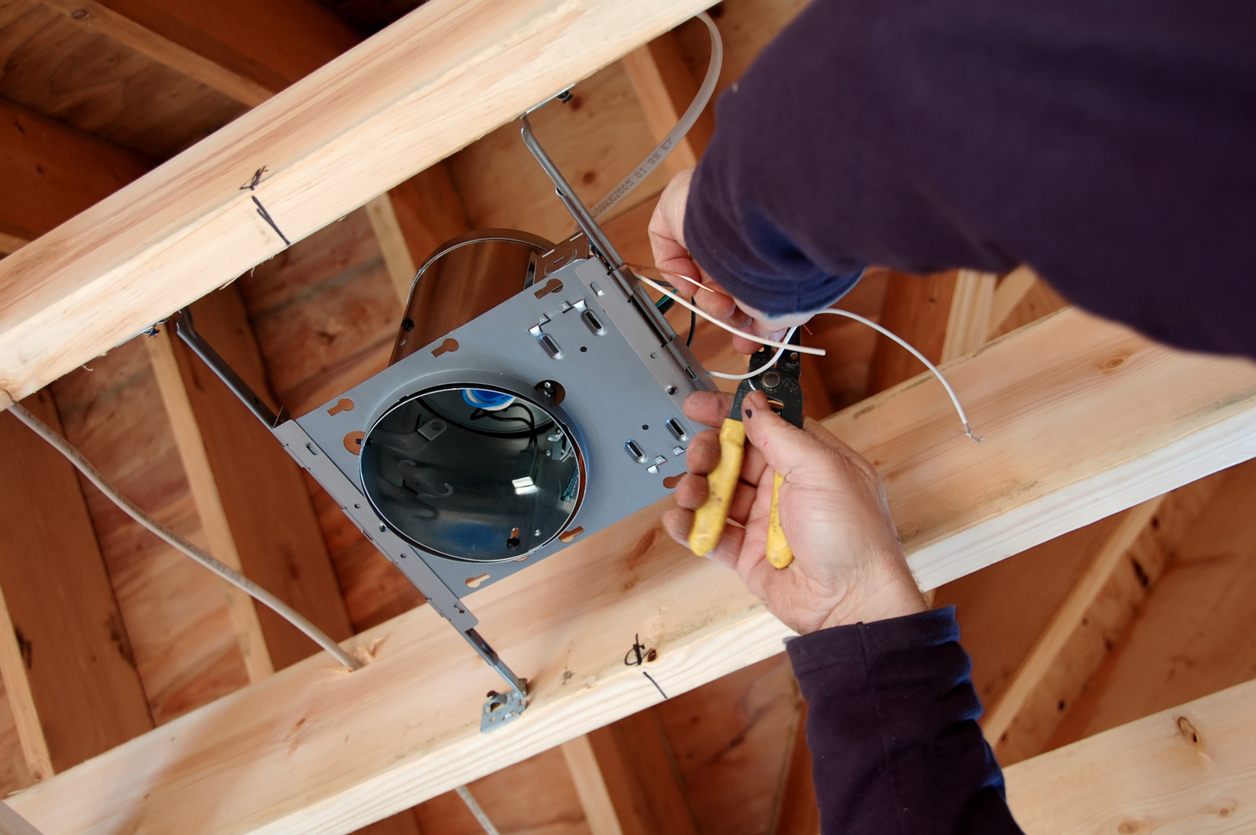
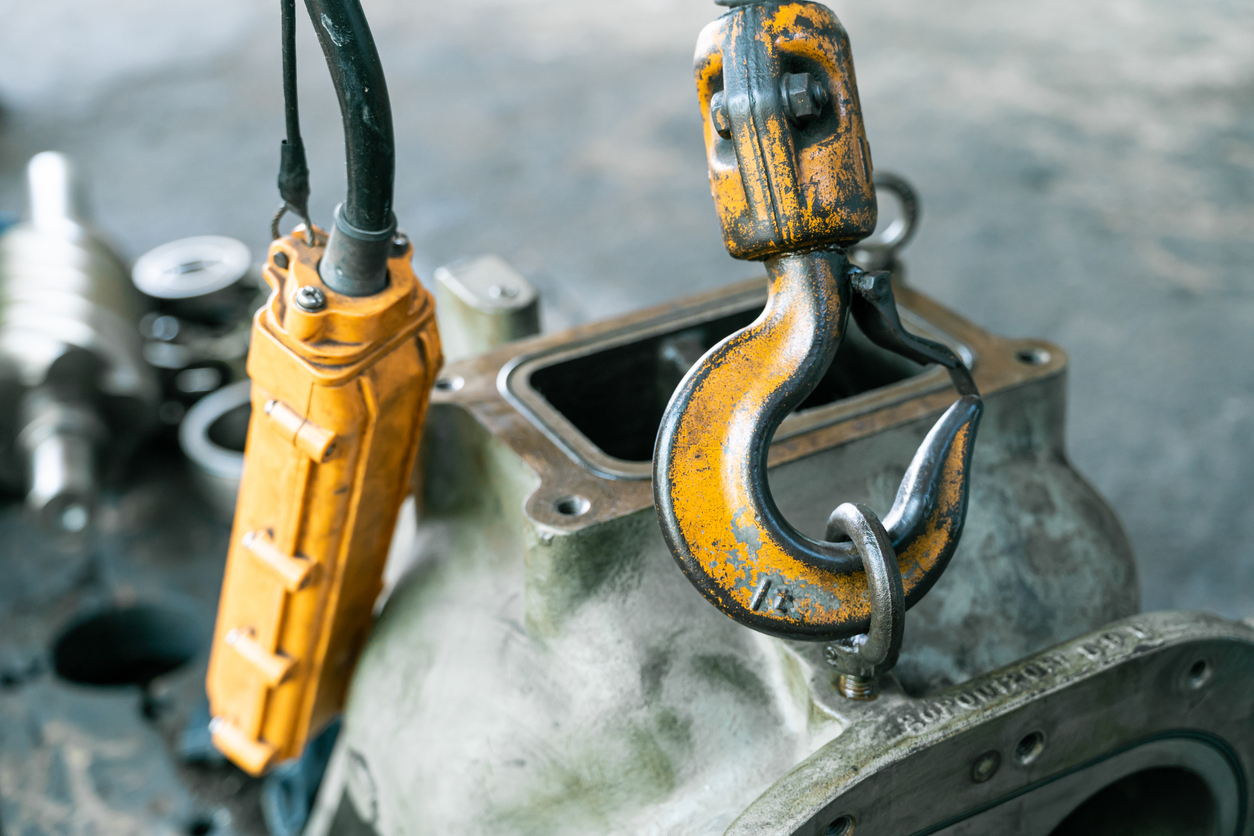

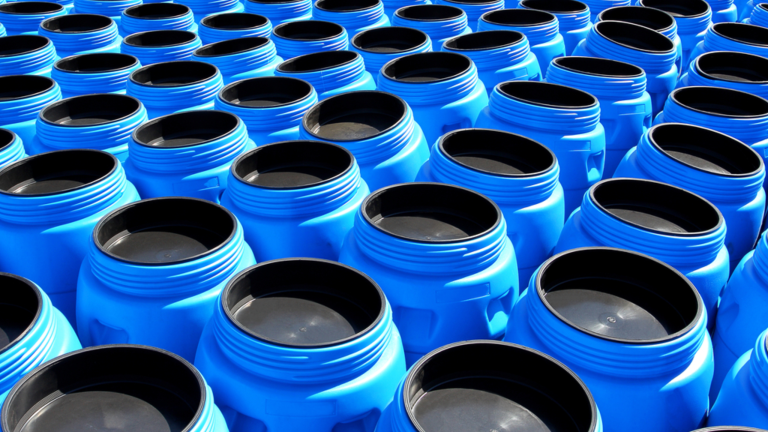
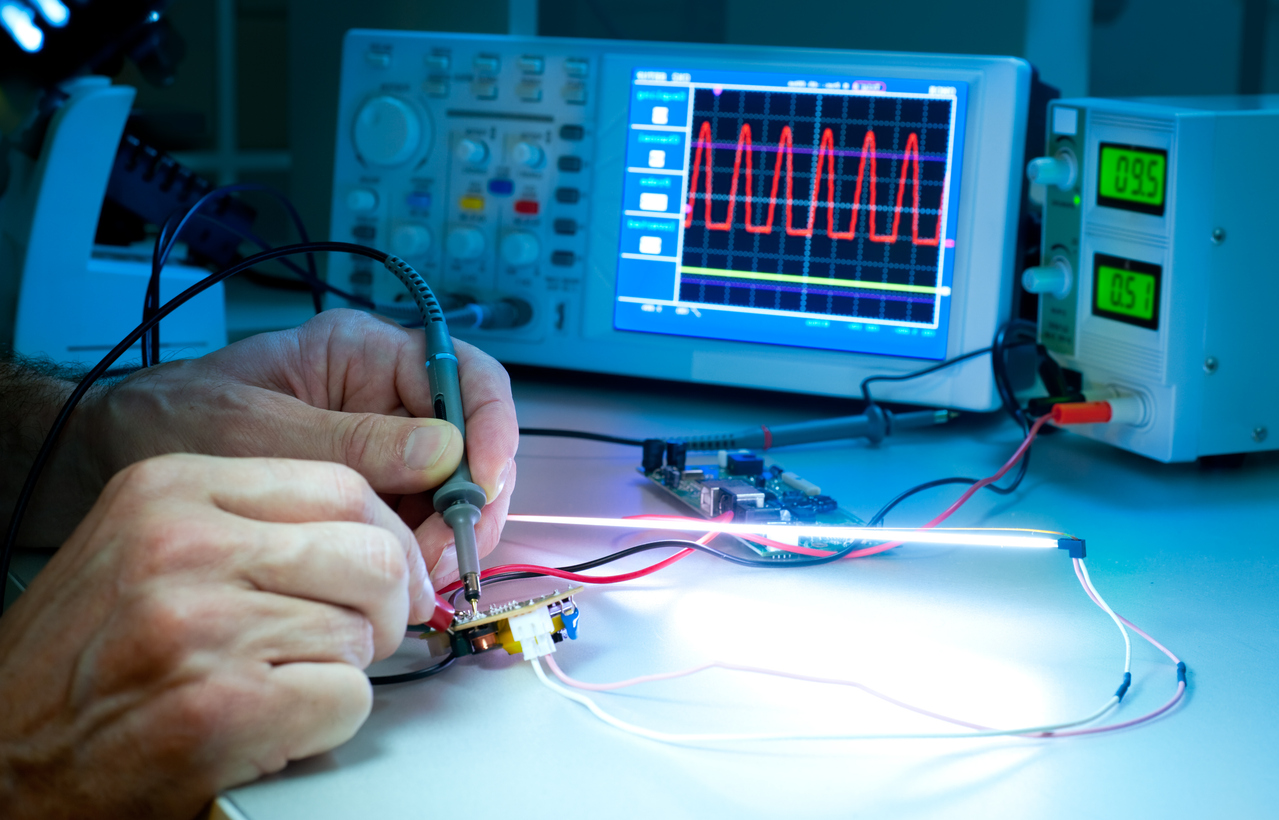
LEAVE A COMMENT
You must be logged in to post a comment.